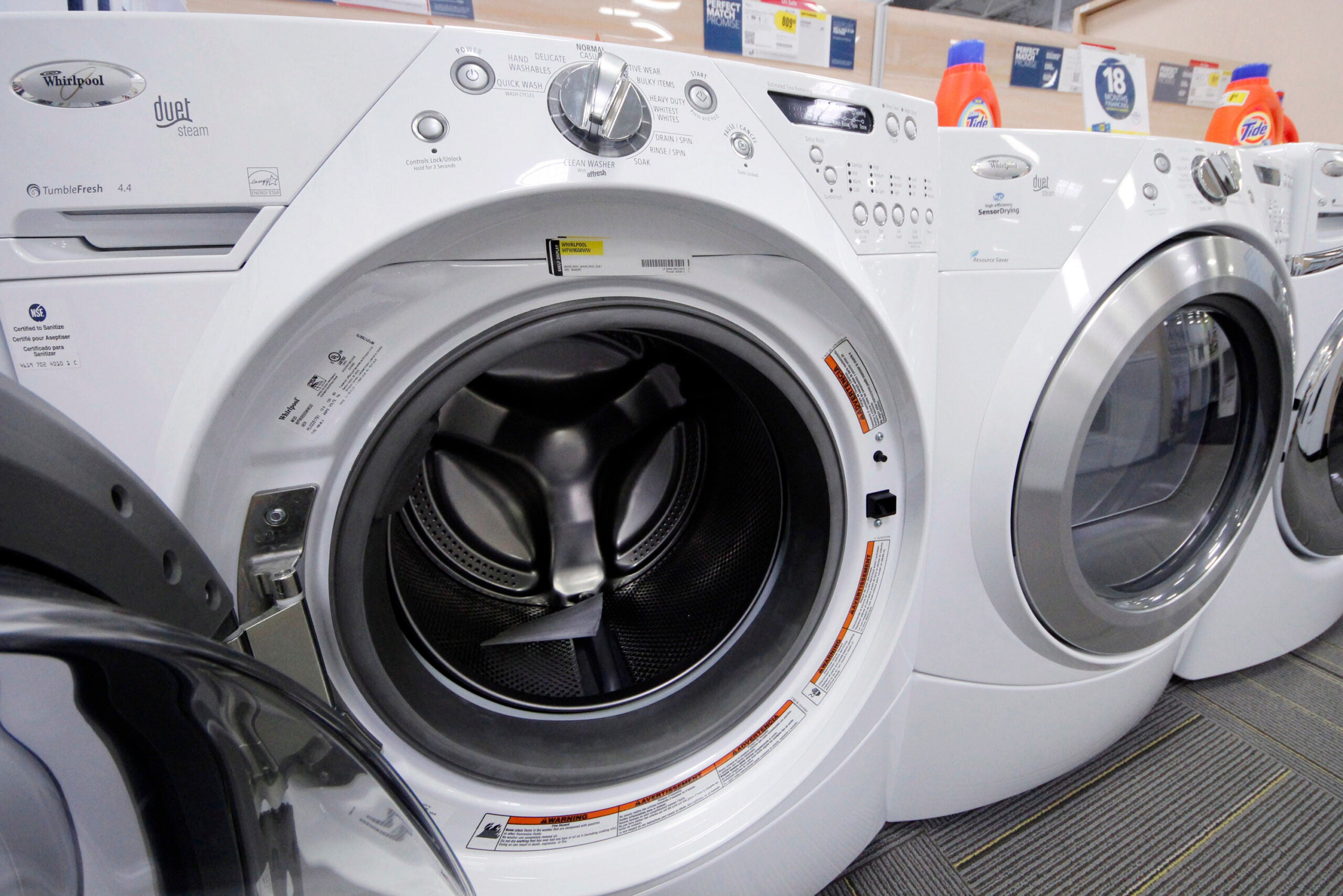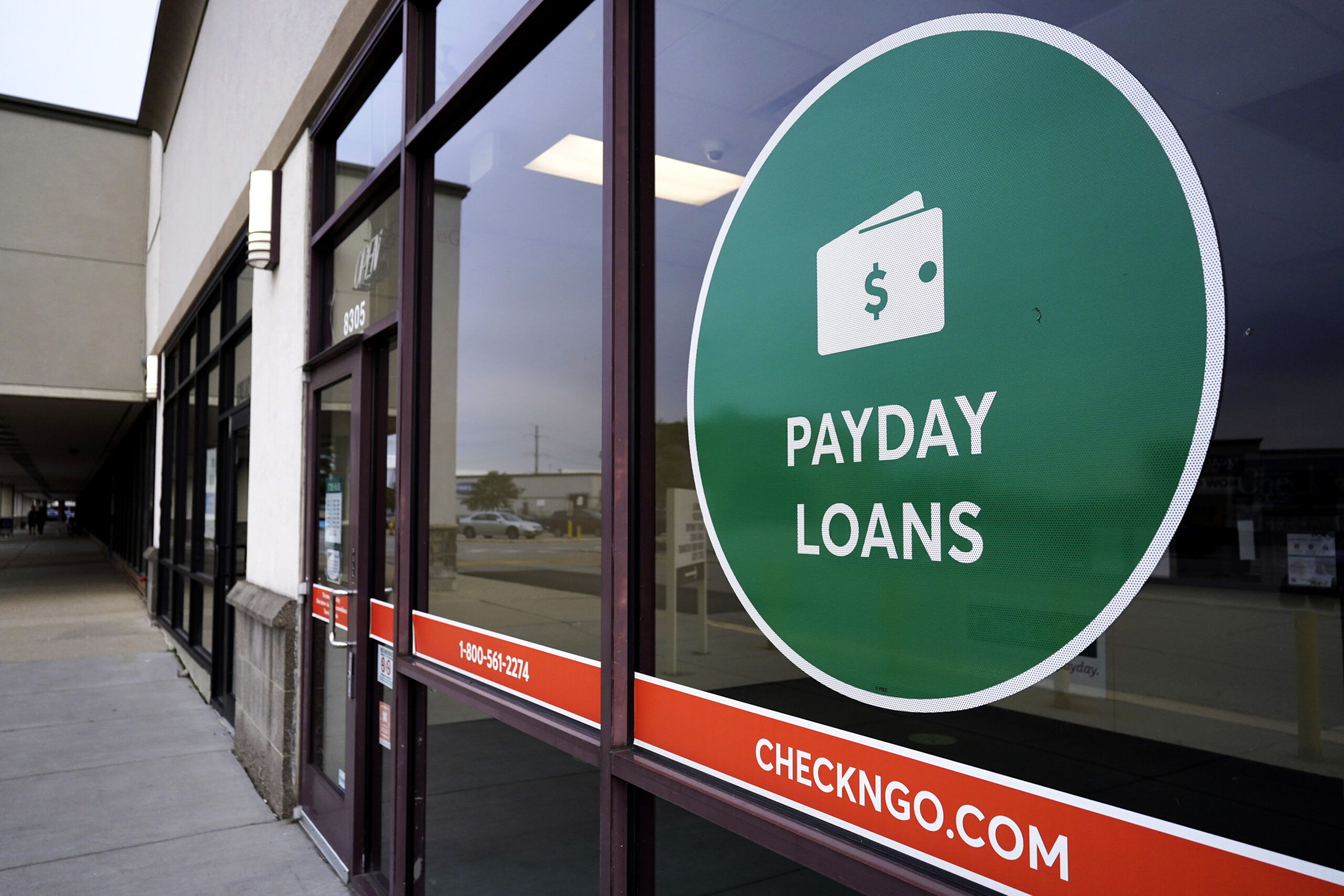A bill to change regulations on the rent-to-own industry in Wisconsin made it through committee Thursday.
The legislation passed 10-3, with one Democrat, Rep. Christine Sinicki from Milwaukee, voting in favor.
The Republican-authored bill would exempt rent-to-own businesses that lease household items to consumers with additional charges, like interest, from the Wisconsin Consumer Act, which regulates industries that deal in credit purchases and debt collection. Among other things, the act requires consumers be informed of the total cost of the item with interest over time.
News with a little more humanity
WPR’s “Wisconsin Today” newsletter keeps you connected to the state you love without feeling overwhelmed. No paywall. No agenda. No corporate filter.
Bills looking to exempt rent-to-own stores from the state’s consumer protection act have failed in the Legislature before. Sinicki said she supported the legislation, which has new regulations for rent-to-own stores because it will increase competition and ultimately protect consumers.
“What we have now are these ‘get-it-now’ stores, which are purely predatory consumer lending,” she said.
Sinicki voted on the bill after she said amendments increasing consumer protection, like late fees for past due rental charges, were included.
Opponents of the legislation say deregulating the industry will hurt consumers by not requiring the disclosure of things like interest rates.
Sinicki said she thought this was actually a benefit.
“I don’t know about you, but when I go and I look at something like APR (annual percentage rate), and you try to figure out over 12 months what am I actually going to be paying on that after amortization, it’s very confusing to a lot of people, but under this model, everything is written out. There is no interest fee. It is a charge for the rental,” she said.
Rep. Amanda Stuck, D-Appleton, voted in favor of amending the legislation, but voted it down in committee. She agreed with Sinicki that the bill simplifies the cost for consumers. She joked that she has a master’s degree but never calculates percentage rate over time.
“When you talk about the average person doing that when they’re going to make a transaction, I just don’t think they are doing that,” Stuck said. “This I think actually had a better disclosure in terms of actually doing that math and laying it out directly for people.”
Ultimately, Stuck voted against the bill because it didn’t include enough legal or consumer protection provisions.
“Right now, under the Consumer Protection Act, you have 15 days before a company can start collection process against you,” she said. “Under the bill as it’s written, there is no protection for any days. So the first day you’re late, they can start collection proceedings against you.”
The Federal Trade Commission wrote that rent-to-own can often be more costly than alternatives in the long term.
The bill now moves to the state Assembly and Senate.
Wisconsin Public Radio, © Copyright 2026, Board of Regents of the University of Wisconsin System and Wisconsin Educational Communications Board.







